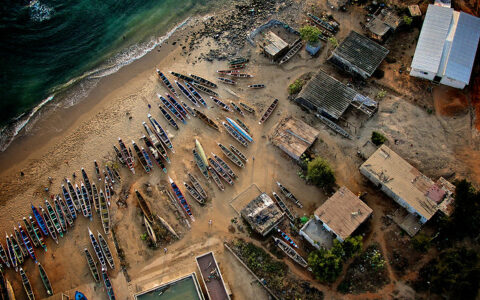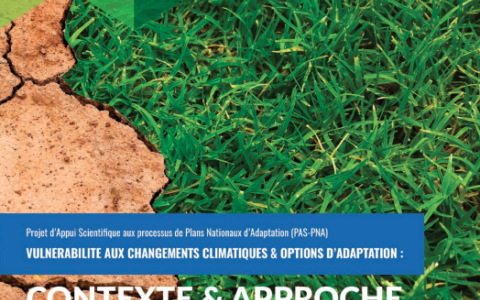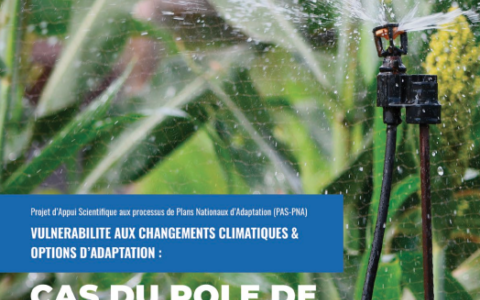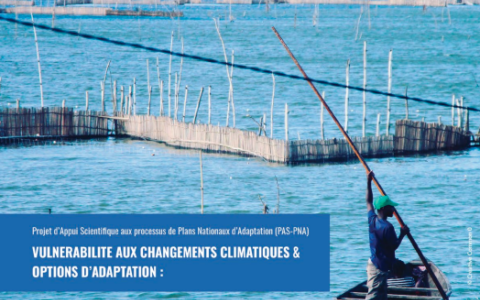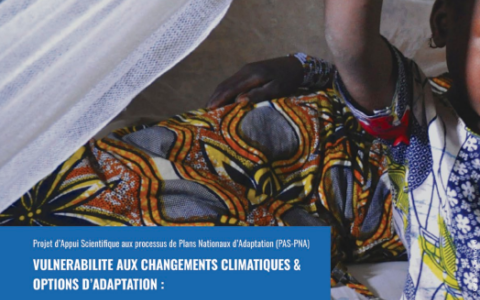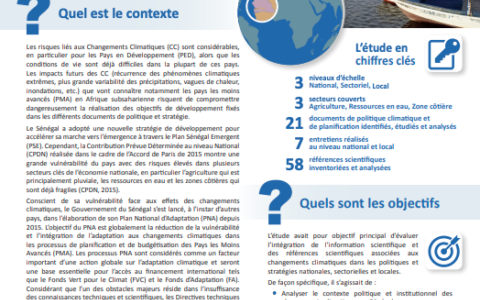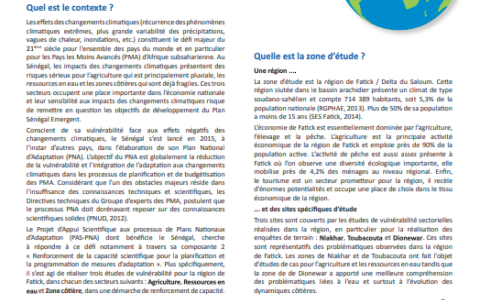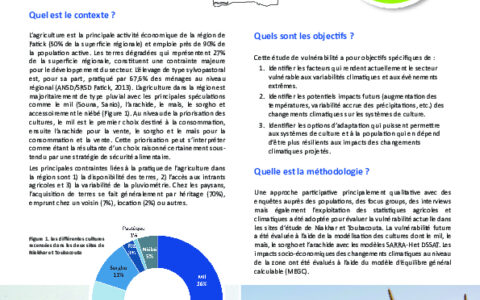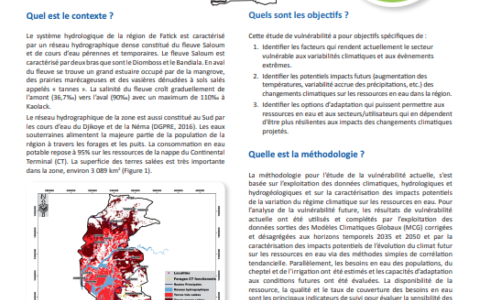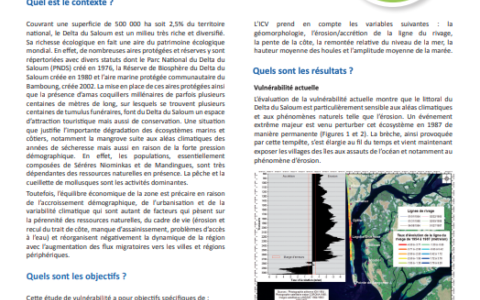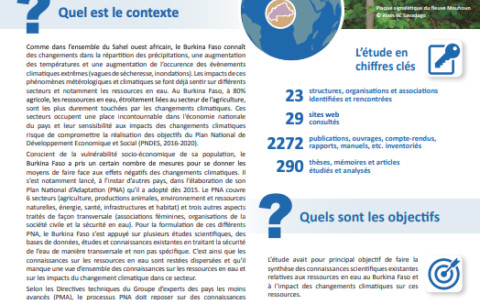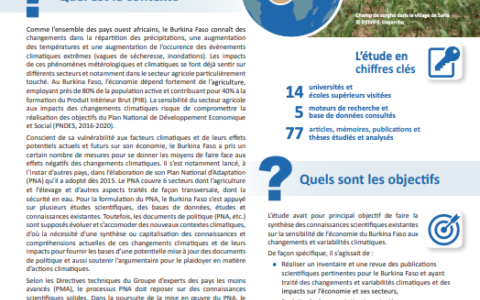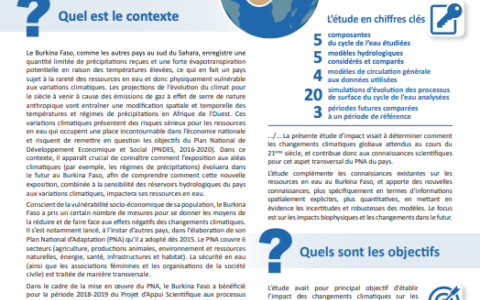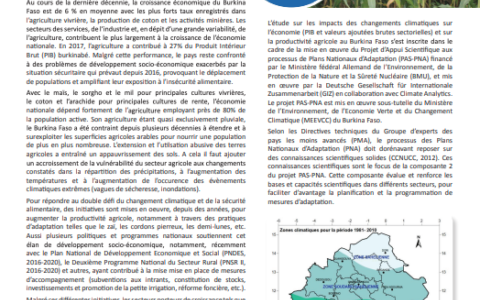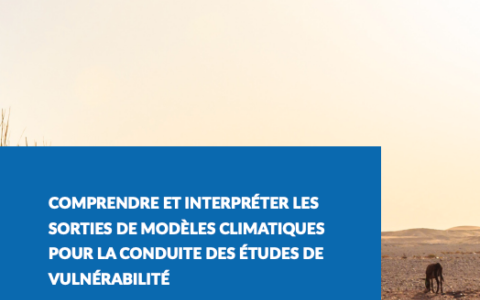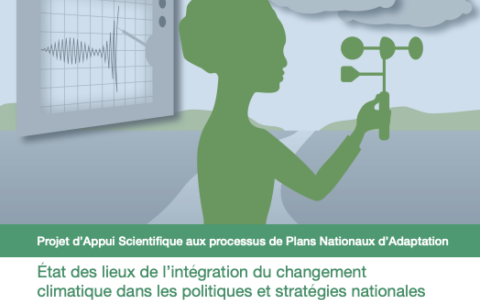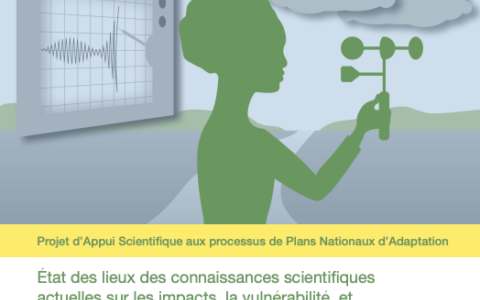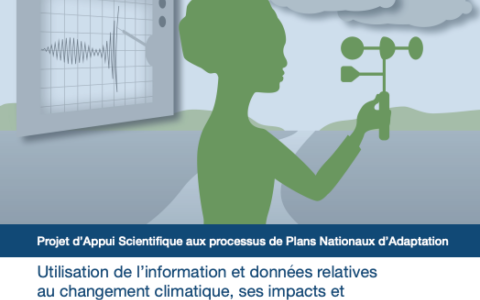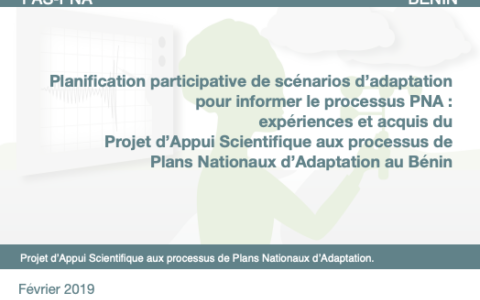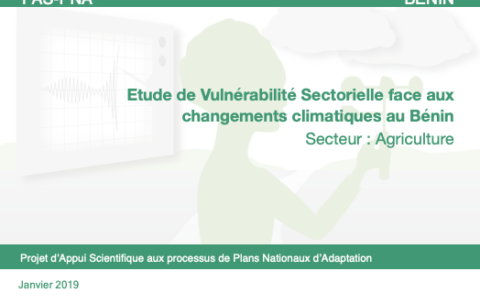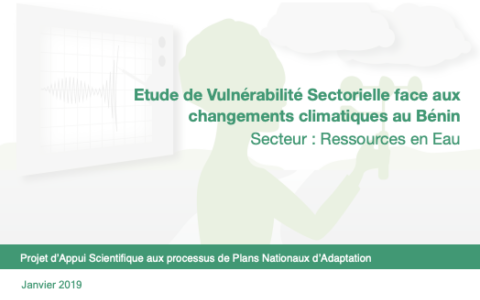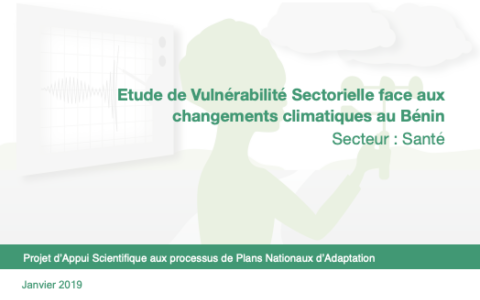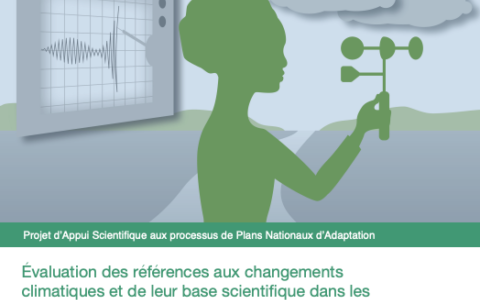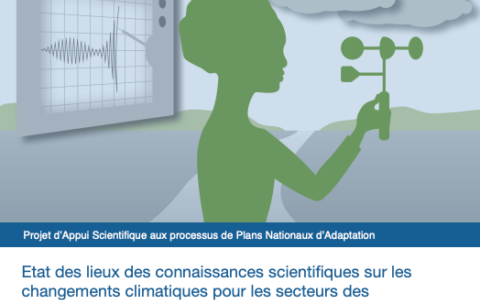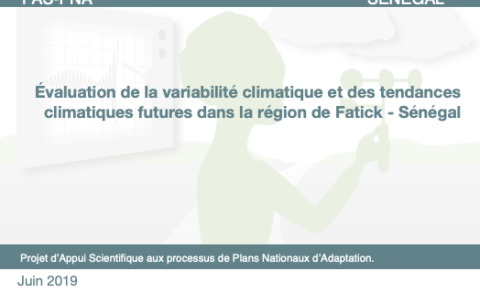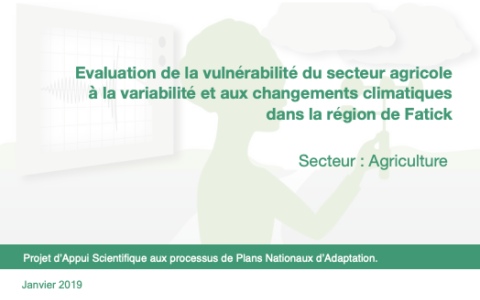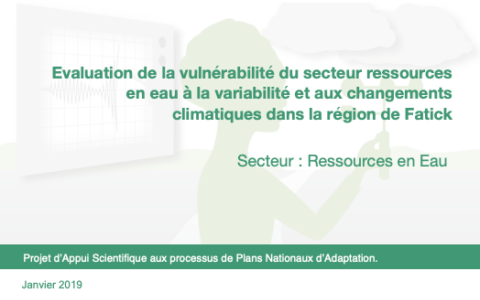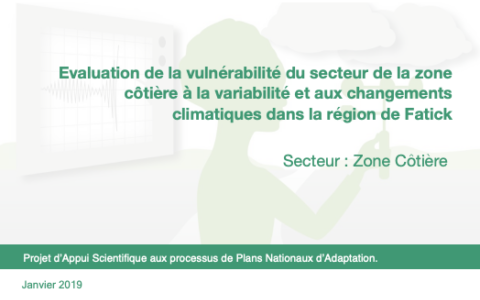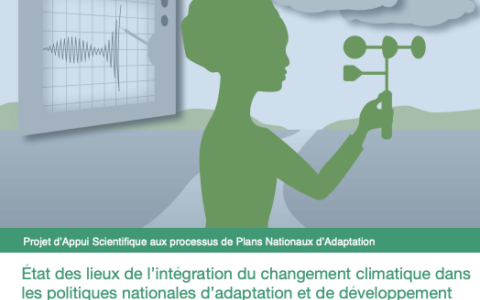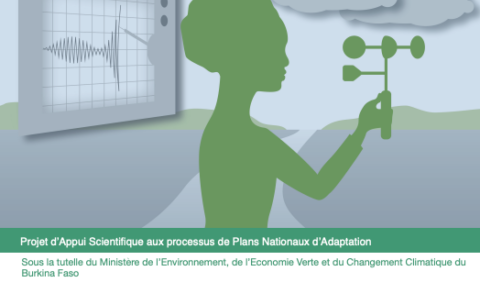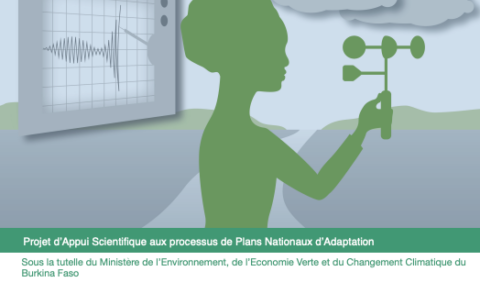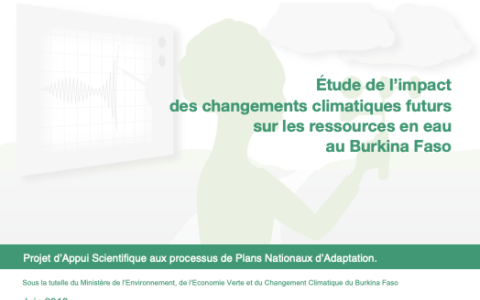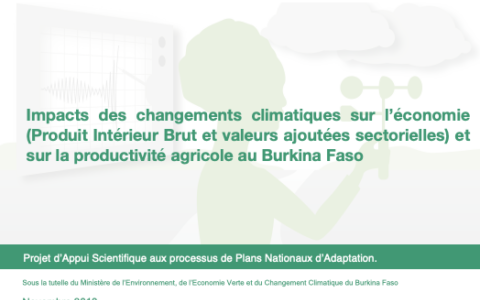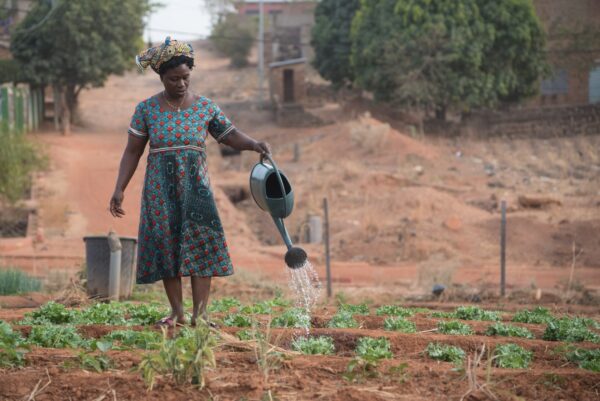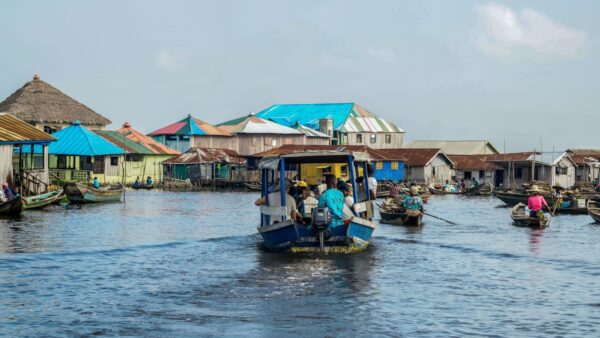Completed
Science-based national adaptation planning in Sub-Saharan Africa
Contacts
Share
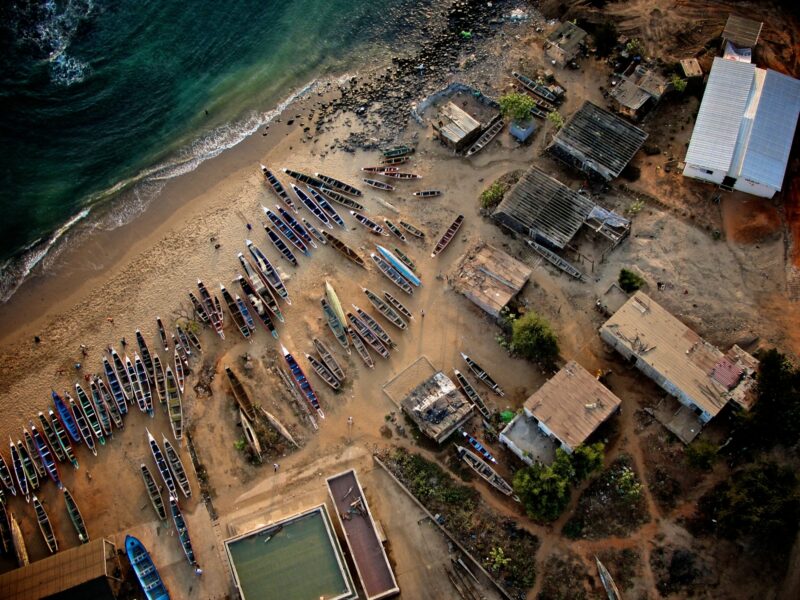
PAS-PNA stands for “Projet d’Appui Scientifique aux processus de Plans Nationaux d’Adaptation dans les pays francophones les moins avancés d’Afrique subsaharienne”, namely Support Project for Science-based National Adaptation Planning in francophone Sub-Sahara African Least Developed Countries (LDCs). It is funded by the Ministry for the Environment, Nature Conservation and Nuclear Safety (BMU) and implemented by the Deutsche Gesellschaft für Internationale Zusammenarbeit (GIZ) in collaboration with Climate Analytics, from 2016 to 2019. This project supports francophone Sub-Sahara African LDCs in their National Adaptation Plan process (NAP).
It ran in Benin, Senegal and Burkina Faso, where its main partners are the national ministries in charge of climate change. In each country, the project accompanies government and scientific actors in the formulation, implementation, monitoring and evaluation of the NAP process, and engages with wider stakeholders from civil society and the private sector. The main aims of the project are to strengthen national science-policy interfaces and increase the capacity and efficiency of science-based NAP formulation in Benin, Senegal, Burkina Faso and another 12 Sub-Saharan African LDCs.
The project focuses on the following four components
- Strengthening national NAP governance processes
- Increasing national scientific capacity for the identification, planning and implementation of adaptation options and measures
- Increasing national capacity to access international funding for NAP priority areas
- Facilitating regional exchanges on NAP processes for francophone Sub-Saharan African LDCs
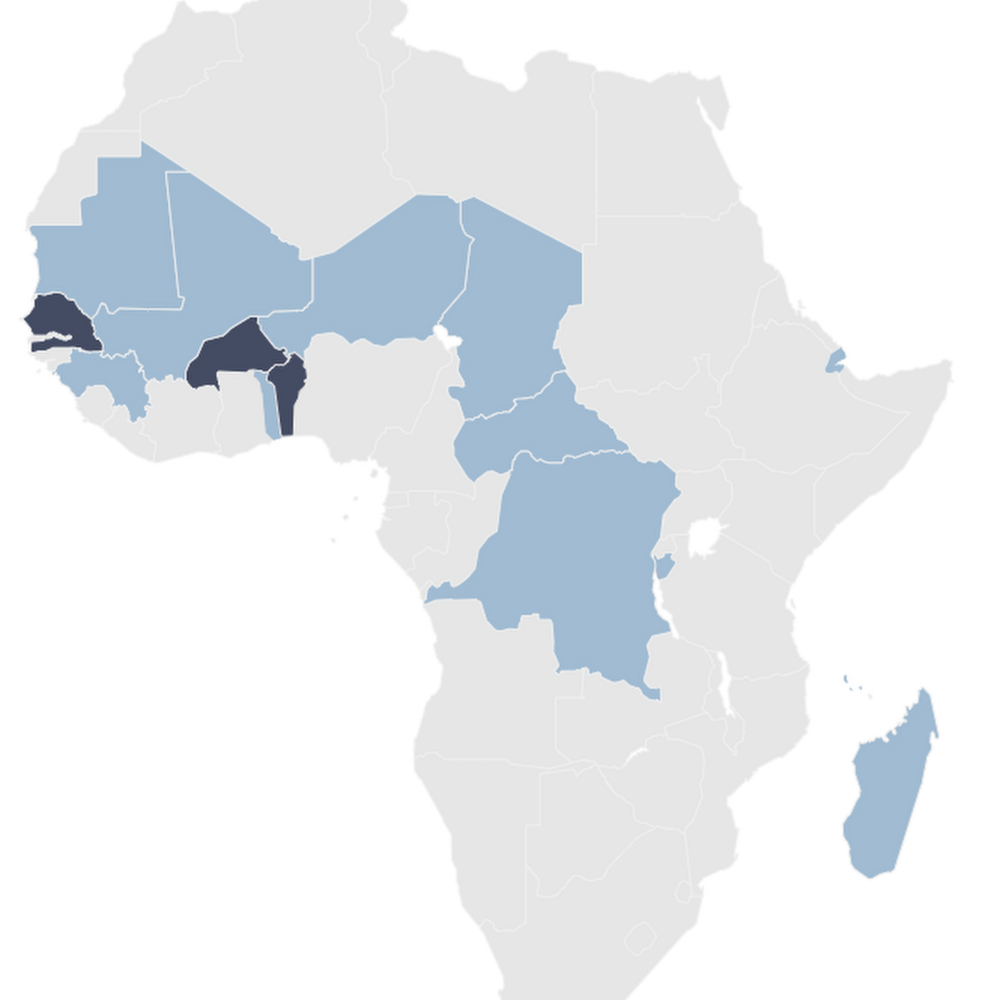
Our role
Climate Analytics is responsible for component 2 which aims to improve the scientific capacity of various national actors for the planning of adaptation measures. More specifically, Climate Analytics accompanies national universities, research institutes and government agencies (so-called Climate Service Providers -CSPs) in conducting in-depth vulnerability studies and in identifying climate change adaptation priorities and measures. Science-based documents drafted jointly with the CSPs are submitted to policy-makers with the aim to increase the integration of scientific information into national policy formulation processes and more generally to support science-based decision-making in the region.
For each country, during the initial phase, stocktakings about the scientific knowledge and integration of climate change in policies and strategies for the vulnerable sectors are undertaken.
In Benin and Senegal, three priority sectors for the vulnerability studies were determined. Three research groups have been formed to conduct the vulnerability studies in the three specific sectors identified for each country. Each research group brings together the relevant scientific institutions for the sector (approximately 12 for each sector) and is supervised by a monitoring committee comprising policy-makers, local authorities, civil society and the private sector. The methodology for the in-depth vulnerability studies was developed and adopted, and these six studies are currently being conducted. Impact chains will be developed to evaluate the future vulnerability and will allow to identify adaptation options.
The purpose of this component is to integrate the scientific results into the NAP formulation. Once the project has been completed, the policy-makers and civil servants working for the government will be able to use the science-based information on climate change efficiently and the national scientific institutions involved will be able to conduct vulnerability studies autonomously to support NAP processes in the long term.
PAS-PNA+
In the initial phase of PAS-PNA, Climate Analytics, alongside national Climate Service Providers, developed 33 scientific documents in Benin, Burkina Faso and Senegal to inform the National Adaptation Planning process, increase the integration of scientific information into national policy and support science-based decision making and planning in the region. The outcome has been that all three countries have integrated adaptation to climate change into various national strategies including Benin’s national health care plan and national development plan, and both Burkina Faso and Senegal’s action plan for integrated water resources management and respective national development strategies.
At the conclusion of the first phase of the project, five drafts of concept notes were developed for adaptation projects in Benin, Burkina Faso and Senegal, building on vulnerability analyses in health care, agriculture, coastal zones and water resources. It was then proposed that the project be extended to support the development of these concept notes into feasibility studies.
In PAS-PNA+, Climate Analytics is supporting learning and capacity building with GCF Accredited Entities and key stakeholders in Benin, Burkina Faso and Senegal to conduct two pre-feasibility studies and a feasibility study for the revision of the initial concept notes and the development of their funding proposals.
Projects
Benin
A pre-feasibility study for a project aimed at improving the health resilience of communities vulnerable to climate change in Benin, focusing on malaria, cardiovascular diseases and acute respiratory infections in the regions of Adjohoun, Bonou, and Dangbo
Burkina Faso
A pre-feasibility study for a project looking to implement sustainable land management, enhancing the resilience of communities to climate change in the Tuy and Houet Provinces
Senegal
A feasibility study for a project aimed at strengthening the resilience of socio-ecological systems in the Saloum Delta to climate change
